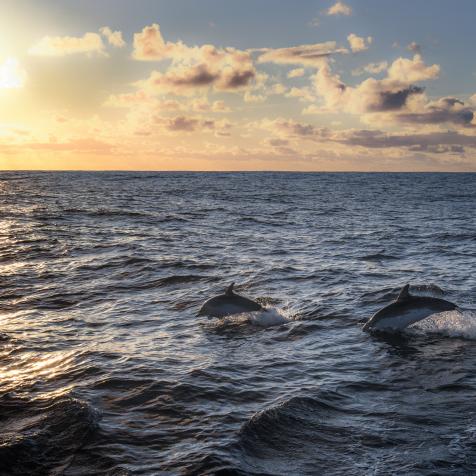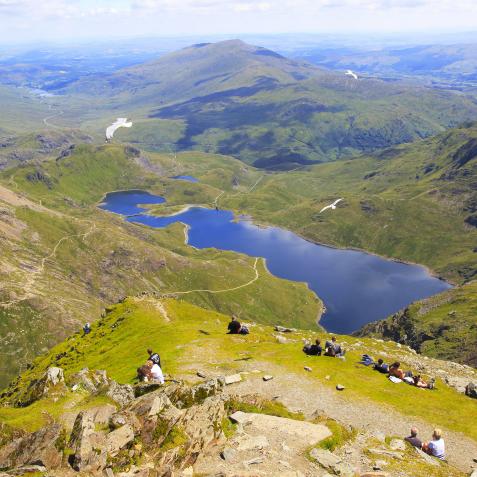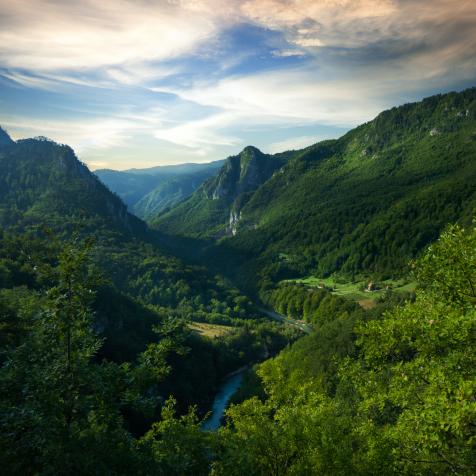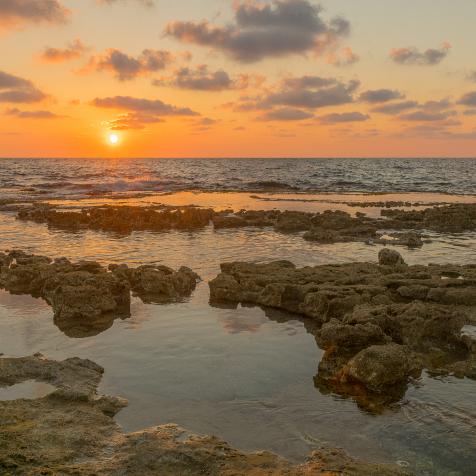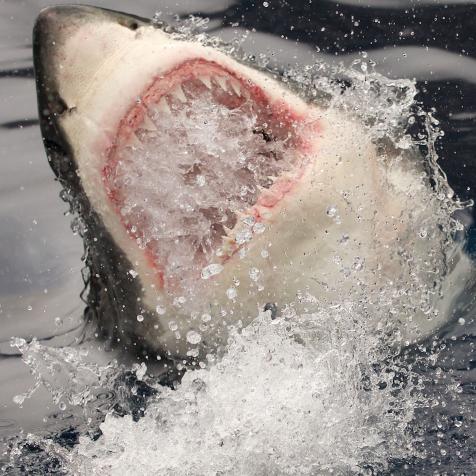
Andros, Bahamas Has More Than 200 "Blue Holes" — And They're Mostly Unexplored
Andros, the largest island in the Bahamas, is home to gaping portals to ancient worlds — at least 200 of them. These elusive "blue holes," or underwater cave systems, are a diver's mecca. Yet somehow, most of them are still waiting to be explored. Are you brave enough to take a dive?

Ice Age Relics
Although famous for their characteristic azure waters, it's actually what's under the surface that makes these natural relics so alluring. Reaching depths of almost 1,000 feet (300 meters), blue holes are home to ancient limestone caves carved into the ocean floor. Divers who dare to explore them navigate precarious stalagmites and dripstones that could only form above water — a testament to their age. But how did these biological time capsules come to be?
During the ice ages, glacial runoff eroded the limestone earth, forming elaborate cave systems. Once the glaciers melted, the sea levels rose and the caves flooded, creating the mysterious blue sinkholes that exist today. When these blue holes are found out in the oceans, they are appropriately named for their indigo centers and light blue perimeters. They follow the rules of the ocean, subject to tides and home to the same species found in the surrounding sea — colorful reef fish, sea turtles, and coral, to name a few. But while these offshore blue holes are visually the most familiar, they aren't all that Andros has to offer.

Earth's Time Capsules
Away from the ocean, hidden in the wooded areas of the island, Andros houses more than 175 inland blue holes. These are very different from offshore blue holes and, quite frankly, anything else on earth. Due to an accumulation of dead bacteria from fallen trees and leaves, these lesser-known inland blue holes are black in appearance and devoid of light. From the surface, they appear as nothing more than swamps, but what lies beneath is incredible.
Due to reduced tidal flow, these blue holes are sharply stratified by a thin layer of freshwater on the surface that prevents oxygen from reaching the dense saltwater below. What results is an ecological anomaly — an underwater world of prehistoric species still capable of surviving in an oxygen-free environment, like that of early Earth. Instead of oxygen, the water is chock-full of another gas called hydrogen sulfide, which is potentially fatal to humans. Until recently, very few people have dived these dangerous inland blue holes, but as of late, scientists have begun investigating just how otherworldly they actually are. In 2011, biologists performed DNA analysis of microbes across five different Bahamian blue holes and found absolutely no shared species.

While thousands of experienced divers flock to Andros yearly to get a taste for these underwater marvels, the blue holes are not exclusive to experts. Snorkeling the surface of the offshore blue waters is a popular activity for vacationers — and if you prefer to stay dry, hiking to the sites is also an option. Dive in, and you might just find some clues to the past.
This article first appeared on Curiosity.com.









